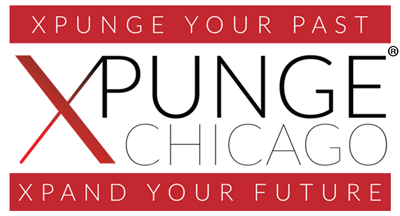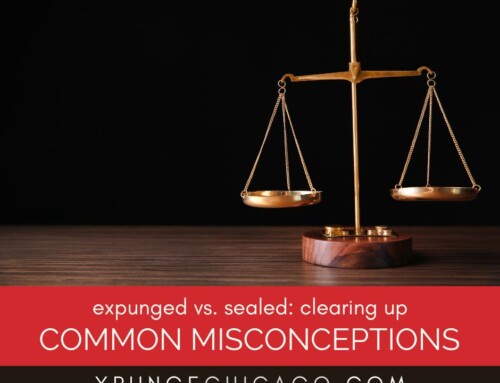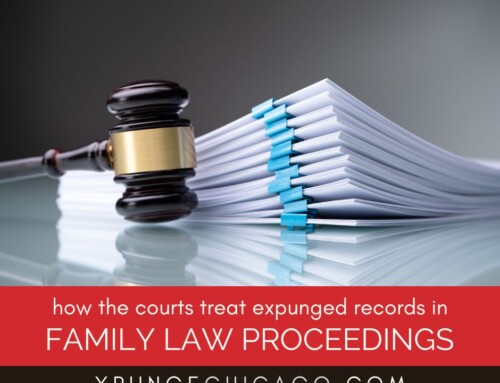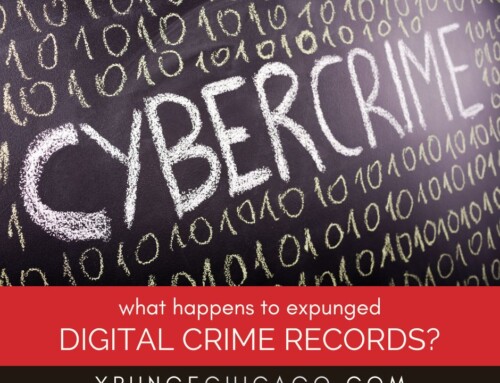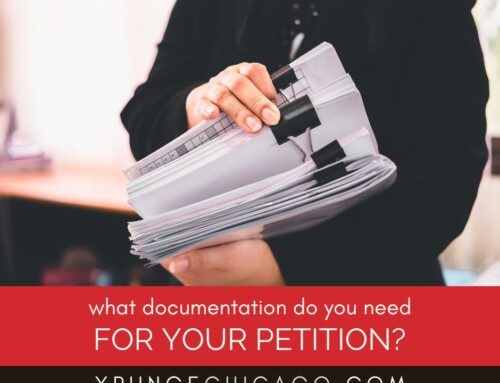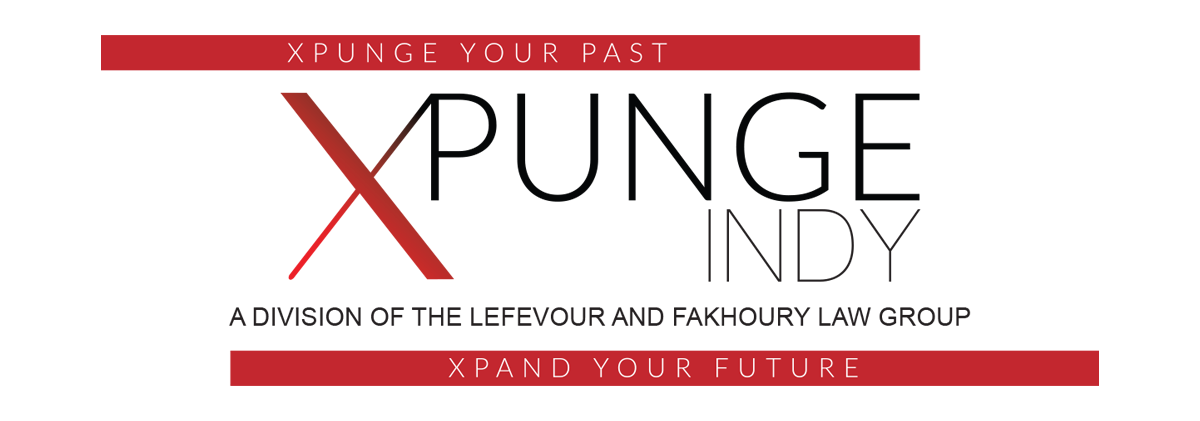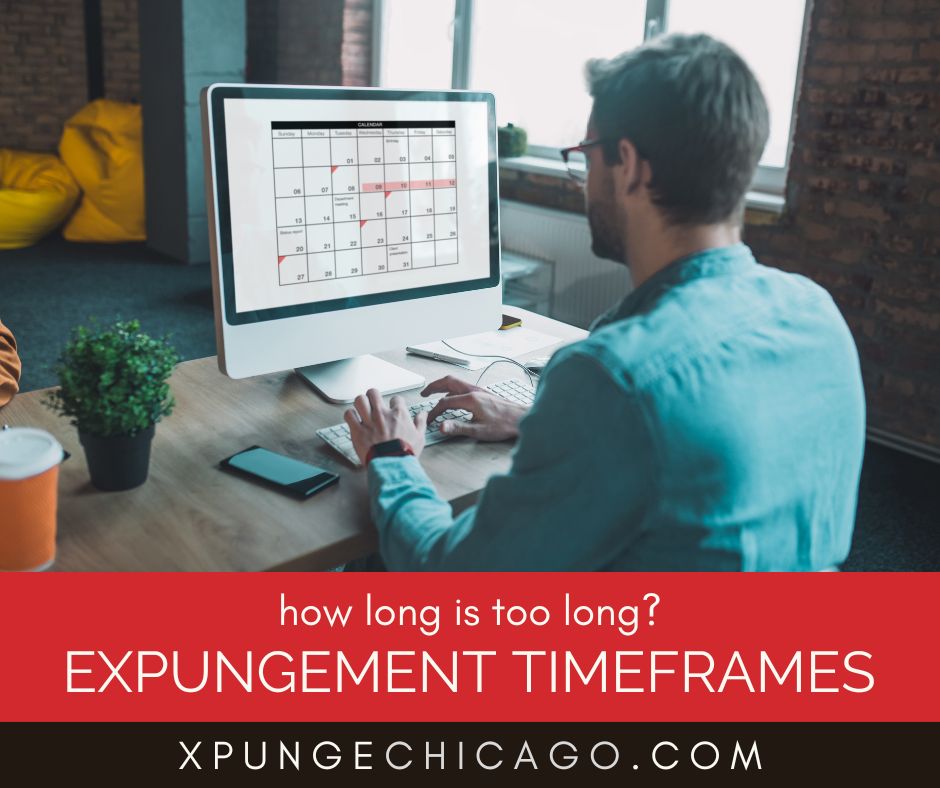
When people begin the expungement process in Illinois, one of the first questions they ask is: “How long will this take?” Unfortunately, there’s no single answer. Expungement timelines can vary widely depending on the type of record, the county where the petition is filed, and whether anyone objects to the request. For some, relief comes in just a few months. For others, the process stretches into a year or more.
Understanding the factors that shape expungement timelines can help applicants set realistic expectations and prepare for delays.
The Standard Expungement Process In Illinois
Expungement petitions in Illinois follow a fairly structured process:
-
Filing the petition: An individual submits paperwork to the circuit court in the county where the case took place.
-
Review by agencies: The clerk forwards the petition to agencies such as the Illinois State Police, state’s attorneys, and local law enforcement for review.
-
Objection period: These agencies may object if they believe the petitioner is not eligible.
-
Court hearing: If there are objections—or if the court requires a hearing—the judge will listen to arguments and decide.
-
Final decision: The judge grants or denies the petition. If granted, the court issues an order requiring agencies to expunge the record.
In simple cases, this process can take several months. But each step introduces opportunities for delay.
Typical Timeframes
For many petitioners, the process takes about six months from filing to final order. However, timelines vary:
-
Straightforward cases: Petitions with no objections, involving arrests that didn’t lead to conviction, may be resolved in as little as three to four months.
-
More complex cases: Cases involving supervision, probation, or multiple arrests often take closer to six to nine months.
-
Contested cases: If prosecutors object, or if a hearing is required, the process can stretch beyond a year.
The volume of petitions in Cook County and other large jurisdictions also affects how quickly courts can schedule hearings and process paperwork.
Waiting Periods Before Filing
In addition to the processing time, many people must wait a set period before even filing. Illinois law imposes “waiting periods” after certain outcomes:
-
Supervision (non-DUI, non-sex offenses): Usually two years after completion.
-
Probation for certain offenses: Generally five years after completion.
-
Drug offenses or first-offender probation: Often two to five years, depending on the statute.
-
Juvenile records: Many will be automatically expunged under new laws, but timelines vary by offense type.
These built-in delays mean that the overall path to expungement can span many years from the date of arrest or conviction to final relief.
Factors That Extend The Process
Several circumstances can stretch expungement timelines:
-
Agency backlogs: If state or local agencies are slow to review petitions, the whole process slows down.
-
Objections: A prosecutor or law enforcement objection adds weeks or months, because a hearing must be scheduled.
-
Court scheduling: In busy counties, courts may not hear petitions for several months.
-
Errors in paperwork: Mistakes on petitions or missing documentation can cause delays, forcing refiling.
These factors highlight why accuracy and preparation matter.
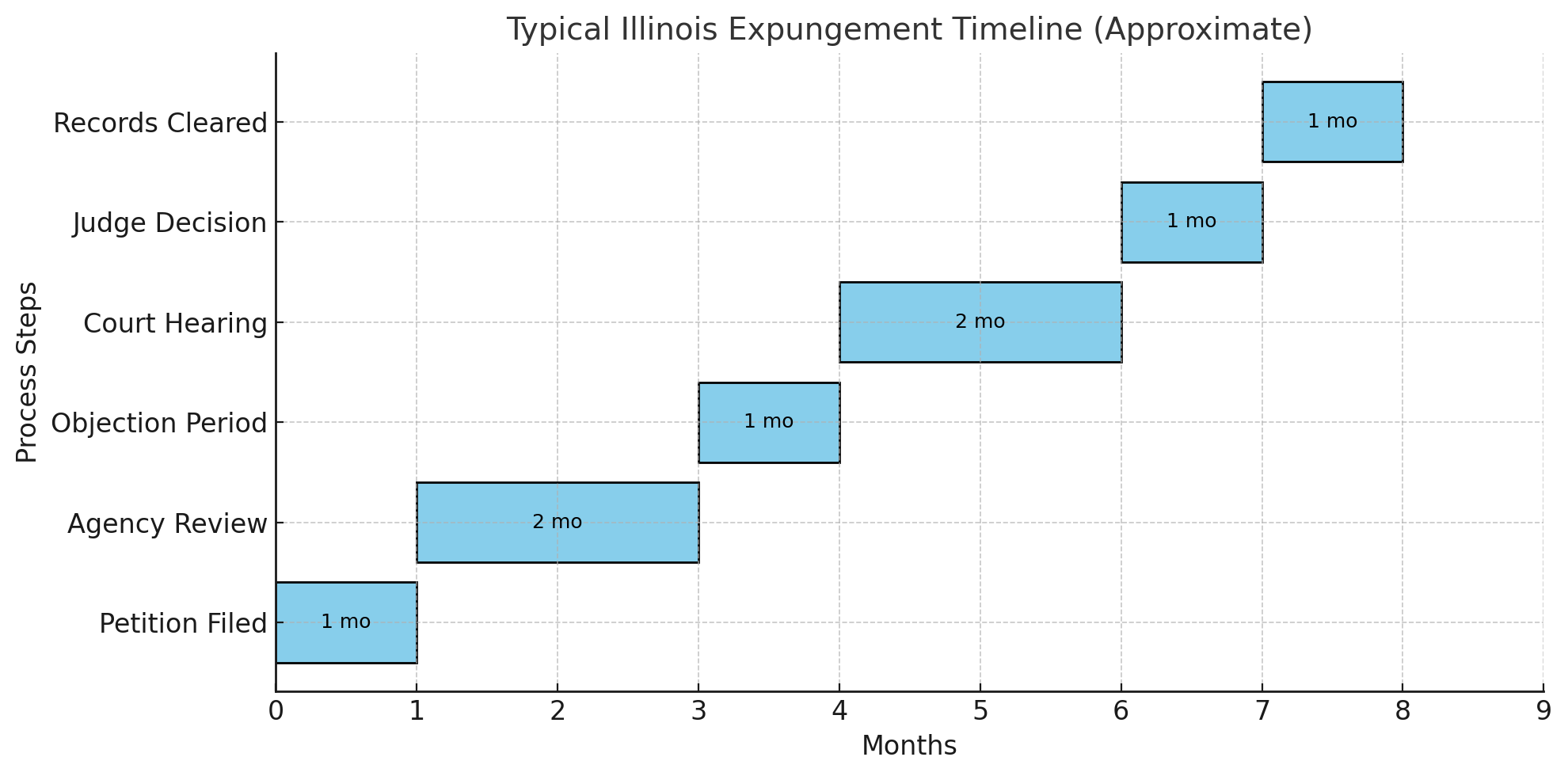
Can Legal Help Speed Things Up?
Working with a lawyer doesn’t eliminate the required steps, but it can reduce delays. Lawyers ensure that petitions are complete, eligibility is clear, and all documentation is included. They can also respond quickly to objections and represent clients in hearings.
It’s important to remember, though, that no lawyer can guarantee a timeline or outcome. Courts and agencies ultimately control the pace of the process. A lawyer’s role is to streamline where possible and protect your rights along the way.
Tips For Managing The Wait
For individuals waiting on expungement, the process can feel endless. Here are some practical steps to make the wait more manageable:
-
Stay proactive: Check with the clerk to confirm your petition is moving forward.
-
Gather supporting documents: Letters of recommendation, proof of employment, or completion of treatment programs may strengthen your case if objections arise.
-
Stay informed: Follow updates from the Illinois State Police and the Illinois General Assembly for law changes that could affect eligibility.
-
Be patient but persistent: The process may take months, but persistence pays off.
For many, the time invested in expungement is worthwhile. A cleared or sealed record can remove barriers to employment, housing, and professional licensing—benefits that far outweigh the frustration of waiting.
The bottom line is that Illinois expungement is not an overnight process. While some petitions move quickly, others require patience. By understanding the timeframes, preparing properly, and working with an experienced lawyer, petitioners can set realistic expectations and maximize their chances of success.
Do You Need to Talk to an Attorney About Expungement or Sealing?
If you’re tired of your criminal past coming back to bite you, we may be able to help. Call us right now at 847-920-4540 or fill out the form below so we can talk about your case.
Oops! We could not locate your form.

